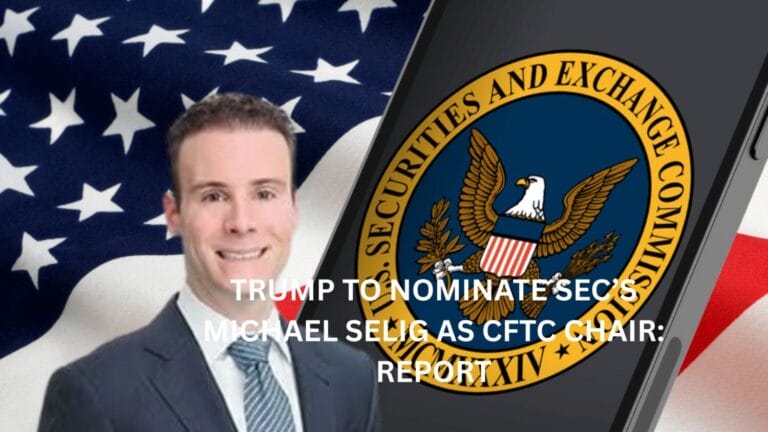Key takeaways:
- The IRS of the United States has revised its draft form, which requires taxpayers to disclose transactions involving digital assets beginning in 2026.
- The draft eliminated the areas where taxpayers might provide transaction IDs and wallet addresses.
The Internal Revenue Service (IRS) of the United States has revised its draft form, which requires taxpayers to disclose transactions involving digital assets beginning in 2026.
The IRS published a draft of Form 1099-DA, “Digital Asset Proceeds From Broker Transactions,” in a notification dated August 8. The form would enable US taxpayers to disclose crypto transactions starting in 2025 before the filing date of April 2026, provided the tax office authorizes it.
The most recent proposed 1099-DA removed a box requesting taxpayers to specify the “broker type” for transactions involving digital assets, in contrast to the draft made public in April. It also eliminated the need to ask filers not just the transaction date but also the exact time of day it happened.
Additionally, the draft eliminated the areas where taxpayers might provide transaction IDs and wallet addresses.
According to IRS Commissioner Danny Werfel, the revised form will provide taxpayers with additional clarity and a tool to assist them in appropriately reporting transactions involving digital assets.
Attorney Drew Hinkes of K&L Gates stated on X that the most recent Form 1099-DA was “much improved, less burdensome,” and needed “considerably less” data reporting. In an Aug. 9 X post, Ji Kim, chief legal and policy officer of the Crypto Council for Innovation, stated:
“These appear to be welcome changes that CCI and industry advocated for,”
Within 30 days, users were asked to provide feedback on the draft form to the IRS. The April version drew criticism from a large sector segment for being unduly stringent, demanding that various activities and transaction times be reported.
The tax authority stated in a June draft that the regulations about crypto broker reporting would not govern self-custody wallets and decentralized exchanges. Werfel noted at the time that the regulations were designed to prevent filers from concealing taxable income in order to close the tax deficit.










